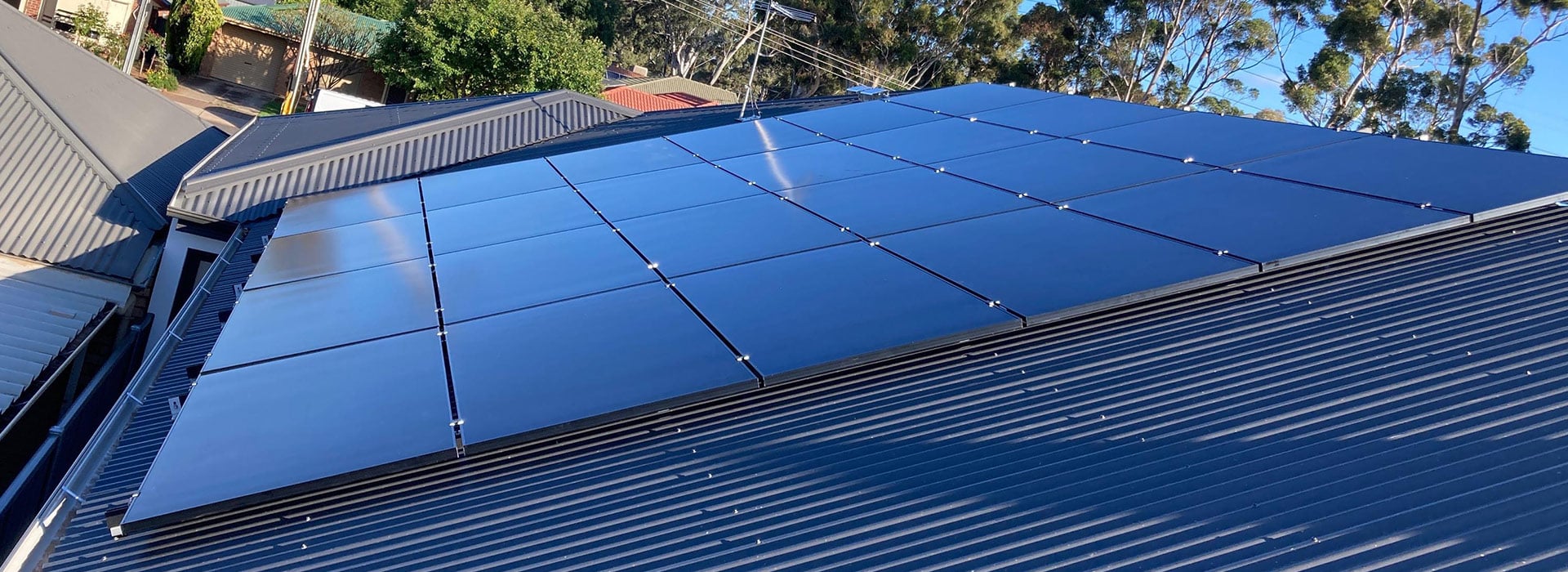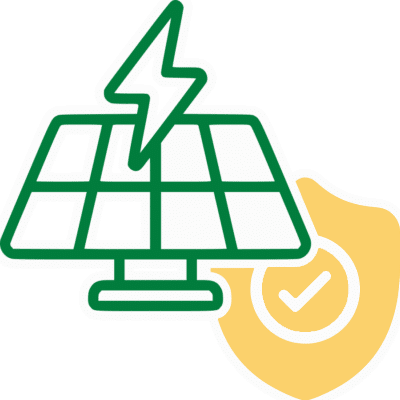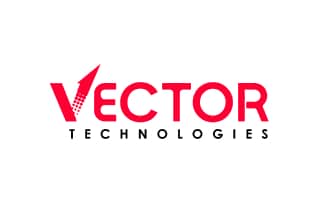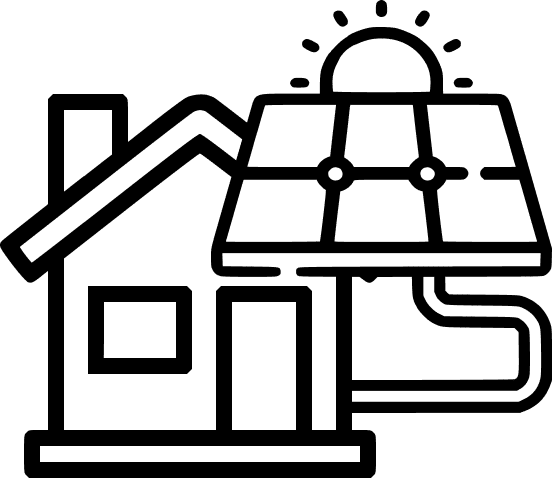
The patented technology used in our solar panels ensures maximized efficiency – even in low light – which means greater savings for our clients year round.

Research shows consumers are 100 times more likely to return a standard panel over a SunPower Panel, a testament to their quality.

The most comprehensive warranties available on the Australian market, with a full 40 Year Warranty and no hidden fine print.
Introducing Modern Slavery Free Solar Panels in Adelaide: Empowering a Sustainable Future
Energy Buster is proud to play our part in a sustainable future by ensuring an ethical and sustainable approach to solar system sourcing and delivery.
Our mission is to eliminate the use of forced labour and unethical practices in the production of the panels. With a commitment to human rights and environmental stewardship, we offer a guilt-free choice for clean energy.
By partnering with reputable suppliers who adhere to strict labour standards, we guarantee that we install only slavery free solar panels in Adelaide. Investing in our solutions means supporting ethical production practices while reducing your carbon footprint.
Join us in creating a brighter, sustainable future for Adelaide and beyond.
Learn more about our commitment to ethical practices by exploring our Modern Day Slavery Statement, a reflection of our dedication to social responsibility.
Choose Energy Buster today!

What Are The Best Types Of Solar Panels?
Our range of solar panels are all designed, created and supplied without forced labour. Whatever your choice, you’ll be playing your part to make a difference. To help break down your options, consider the following popular types.
Monocrystalline Panels: These panels are made from a single crystal structure, offering high efficiency and excellent performance in varying weather conditions. They are known for their sleek appearance and durability.
Polycrystalline Panels: These panels are made from multiple silicon crystals, providing a cost-effective option while still maintaining good efficiency levels. They are suitable for residential and commercial installations.
Thin-Film Panels: Thin-film panels are lightweight and flexible, allowing for easier installation on unconventional surfaces. While they may have lower efficiency compared to crystalline panels, they perform well in low-light conditions.
Bifacial Panels: These panels have the ability to generate electricity from both sides, capturing sunlight reflected from the ground. They can increase overall energy production and are ideal for installations with reflective surfaces.
| Energy Buster Tip: Stay on top of your usage and maximise your return with the latest innovative solar monitoring solutions. |
How much do slavery free solar panels in Adelaide cost?
The cost of slavery-free solar panels in Adelaide can vary depending on several factors, including the type and size of the panels, the installation requirements, and any additional components needed for the system. Additionally, market prices for the panels can fluctuate over time.
The average cost ranges from $0.90 to $1.50 per watt. This means that a typical residential system with a capacity of 6.6kW could cost between $6,000 and $10,000 before any applicable government rebates or incentives.
However, it’s essential to note that prices may have changed since then, and it’s recommended to consult with a member of the Energy Buster team for accurate and up-to-date pricing information.
Modern Slavery free solar panels benefits
✔ Ethical Sourcing: By opting for modern slavery-free solar panels, you are actively supporting the elimination of forced labour and unethical practices in the industry. This choice aligns with principles of social responsibility and human rights.
✔ Environmental Stewardship: Slavery free solar panels are typically manufactured using sustainable practices and materials. By investing in these panels, you contribute to reducing your carbon footprint and promoting a cleaner, greener environment.
✔ Reputation and Trust: Using slavery-free solar panels demonstrates your commitment to ethical values and positions your organisation or household as an advocate for responsible business practices. This can enhance your reputation among customers, partners, and the community.
✔ Long-Term Savings: The panels, in general, offer the advantage of generating clean energy and reducing reliance on traditional fossil fuel-based electricity. By installing slavery-free panels, you can enjoy long-term savings on your energy bills while supporting ethical production practices.
✔ Government Incentives: In many regions, including Adelaide, there are government incentives, rebates, and feed-in tariffs available for installations. By choosing slavery free solar panels, you can still take advantage of these programs and receive financial benefits while upholding ethical standards.
Remember, it’s crucial to research and choose reputable suppliers and solar installers who can provide verified modern slavery-free solar panels to ensure the authenticity of the ethical claims.
What is the installation process for slavery-free solar panels?
The installation process for home systems follows these general steps:
Step One: Consultation and Site Assessment
During this phase, they will assess your property, analyse your energy needs, and discuss system requirements.
Step Two: Design and Proposal
Based on the site assessment, the provider will design a customised system that meets your energy requirements. They will provide you with a detailed proposal that includes the number of panels, system capacity, estimated energy production, and costs.
Step Three: Permitting and Approvals
The provider will assist you in obtaining any necessary permits and approvals required by local authorities or utility companies for the installation.
Step Four: Installation
Once all the necessary permits are in place, the provider will schedule the installation. This involves mounting the panels on your roof or other suitable locations, connecting them to an inverter and electrical system, and ensuring proper wiring and grounding.
Step Five: Connection and Testing
After the physical installation, the system will be connected to the electrical grid or an energy storage system. The provider will perform thorough testing to ensure the solar panels are functioning correctly and efficiently.
Step Six: Monitoring and Maintenance
Once the system is operational, you can monitor its performance through a monitoring system provided by the solar provider. Routine maintenance may be required to ensure optimal performance and longevity of the solar panels.






















































